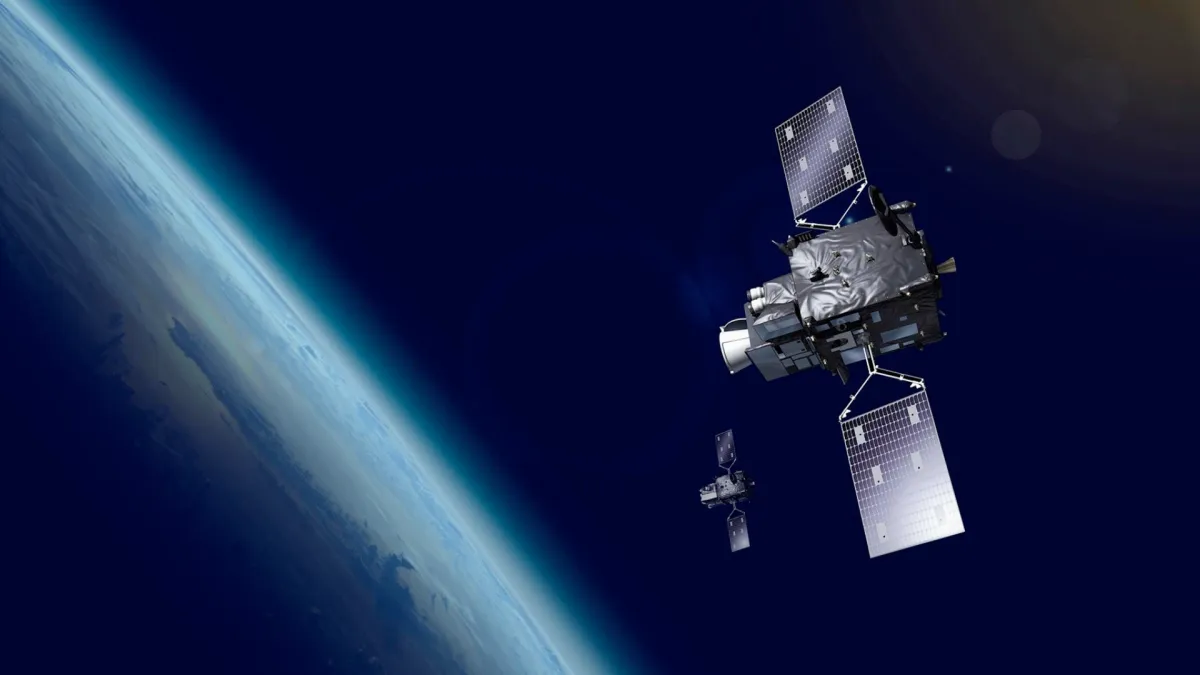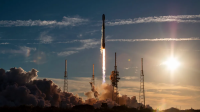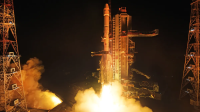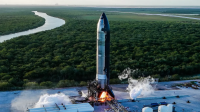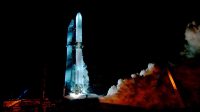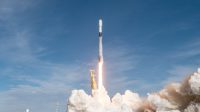Eumetsat, the European weather satellite operator, has unexpectedly decided to launch its upcoming Meteosat Third Generation-Sounder 1 (MTG-S1) satellite on SpaceX‘s Falcon 9 rocket instead of Europe‘s Ariane 6, a move that has stirred frustration among European space officials.
Announced late on June 28, Eumetsat attributed the decision to “exceptional circumstances” but did not elaborate further. Phil Evans, Eumetsat’s director-general, emphasized, “This decision does not compromise our standard policy of supporting European partners,” expressing confidence in SpaceX’s ability to successfully launch the advanced weather satellite by 2025.
MTG-S1, equipped with a revolutionary sounder instrument for improved weather forecasting, marks the second satellite in the Meteosat Third Generation series after MTG-I1’s launch on an Ariane 5 in December 2022. Eumetsat highlighted the satellite’s critical role in providing precise data to enhance national weather services and protect lives and infrastructure.
The shift to Falcon 9 reflects Eumetsat’s determination to maintain launch schedule integrity, ensuring timely access to advanced satellite capabilities. European space leaders, however, expressed disappointment and surprise at Eumetsat’s decision, particularly given the imminent debut of the Ariane 6 rocket on July 9.
Philippe Baptiste of CNES described the move as “quite a brutal change,” calling for European Commission intervention to enforce “buy European” regulations for launching European satellites on European rockets. Josef Aschbacher of ESA also expressed bewilderment, emphasizing Ariane 6’s readiness for its inaugural flight.
Despite these concerns, Arianespace remains committed to Ariane 6 with a robust order book and planned launches for various commercial and government missions. The rocket’s role in European institutional missions, funded by public sectors, underscores its strategic importance amidst increasing competition and challenges in the global launch market.
Eumetsat’s decision underscores broader issues facing Europe’s space industry amid what has been termed a “launcher crisis,” where access to space has become a critical concern. Despite setbacks, European space efforts continue, balancing innovation, reliability, and strategic partnerships in a rapidly evolving global space sector.

